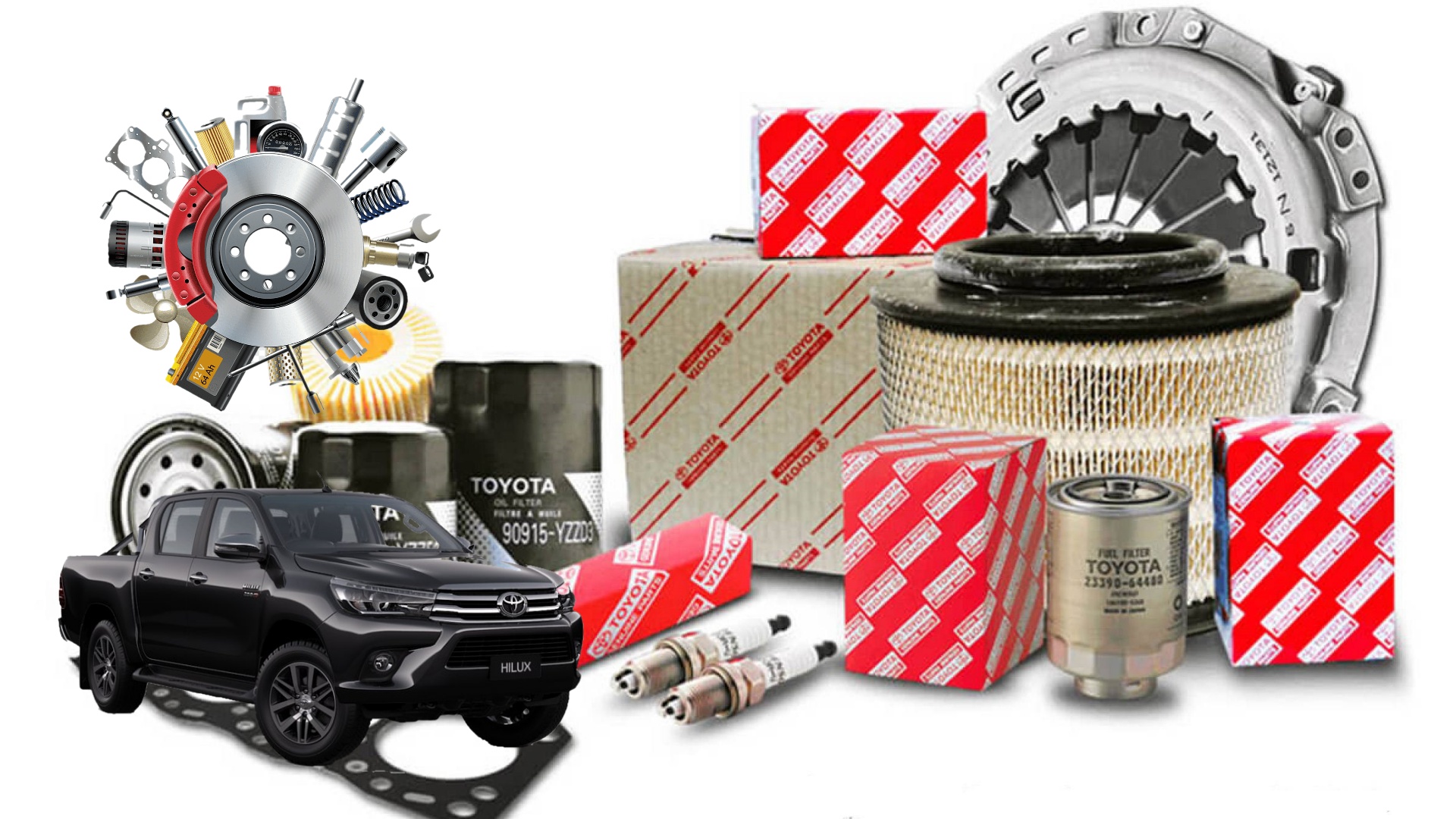
Lubricating the Heart of Your Engine
Oil pumps are an essential component within the heart of an internal combustion engine, ensuring that its various moving parts remain lubricated and functioning properly. Think of them as the lifeblood of your vehicle’s engine, circulating vital oil to keep the engine running smoothly and efficiently. In this article, we will delve deeper into the importance of oil pumps, their working principles, types, and maintenance.
The Role of Oil Pumps:
Engines contain numerous moving parts, such as pistons, crankshafts, camshafts, and bearings, which require proper lubrication to reduce friction, prevent overheating, and extend their lifespan. This is where the oil pump comes into play. Its primary function is to draw oil from the oil pan and deliver it under pressure to critical engine components, ensuring they remain well-lubricated. Proper lubrication reduces wear and tear, friction-related heat, and corrosion, which, in turn, helps your engine run efficiently and last longer.
Working Principles:
Oil pumps typically use a gear, vane, or rotor mechanism to generate the necessary oil pressure. Here’s a simplified overview of how they work:
- Oil Pickup: The oil pump draws oil from the oil pan through a pickup tube. This tube is submerged in the oil, ensuring a constant supply.
- Oil Pressure: Once the oil is drawn in, the pump pressurizes it. This pressure is essential for maintaining a steady flow of oil to the engine’s moving parts.
- Distribution: Pressurized oil is then distributed through a network of passages and channels to various parts of the engine, such as the crankshaft, camshaft, and connecting rod bearings.
- Return Flow: After lubricating these components, the oil flows back into the oil pan, where it is picked up by the pump to repeat the cycle.
Types of Oil Pumps:
There are primarily two types of oil pumps:
- Gear Pumps: These pumps use two meshing gears to pump oil. They are known for their durability and reliability but may not be as efficient as other types.
- Rotor and Vane Pumps: Rotor pumps use rotating gears to move oil, while vane pumps use sliding vanes. They are more efficient and commonly found in modern engines.
Maintenance:
Proper maintenance of your vehicle’s oil pump is crucial for engine longevity. Here are some maintenance tips:
- Regular Oil Changes: Ensure you change your engine oil at the recommended intervals. Fresh oil maintains its lubricating properties, reducing strain on the pump.
- Oil Filter Replacement: A clogged oil filter can affect oil flow. Change it regularly to keep oil circulation smooth.
- Monitor Oil Pressure: Keep an eye on your vehicle’s oil pressure gauge. A sudden drop in oil pressure can be a sign of oil pump or oil system issues.
- Inspect for Leaks: Check for oil leaks around the oil pump and oil pan. Any leaks should be promptly addressed.
- Use High-Quality Oil: Always use the type of oil recommended in your vehicle’s owner’s manual.
In conclusion, oil pumps play a vital role in maintaining the health and performance of your vehicle’s engine. Regular maintenance and attention to the oil system are key to ensuring that your engine remains well-lubricated and operates efficiently for years to come. So, the next time you start your car, remember that the humble oil pump is working diligently to keep your engine’s heart beating strong.
